Comprehensive Septic Tank Maintenance to Avoid System Failures
Septic tank pumpings are essential for maintaining the proper function of septic systems. Regular pumping helps prevent system failures, backups, and costly repairs. Proper maintenance ensures that household and commercial waste is processed efficiently, reducing the risk of environmental contamination and health hazards.
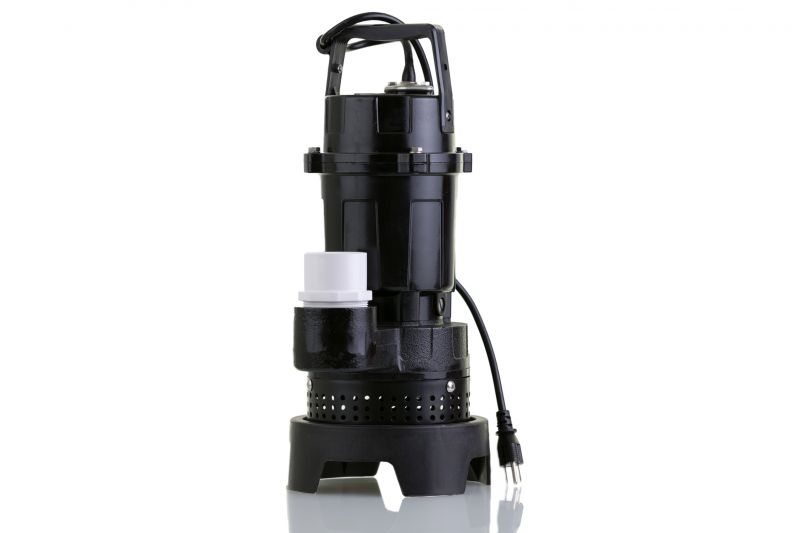
Heavy-duty pumps and vacuum trucks are used to remove accumulated sludge and scum from septic tanks, ensuring effective cleaning.
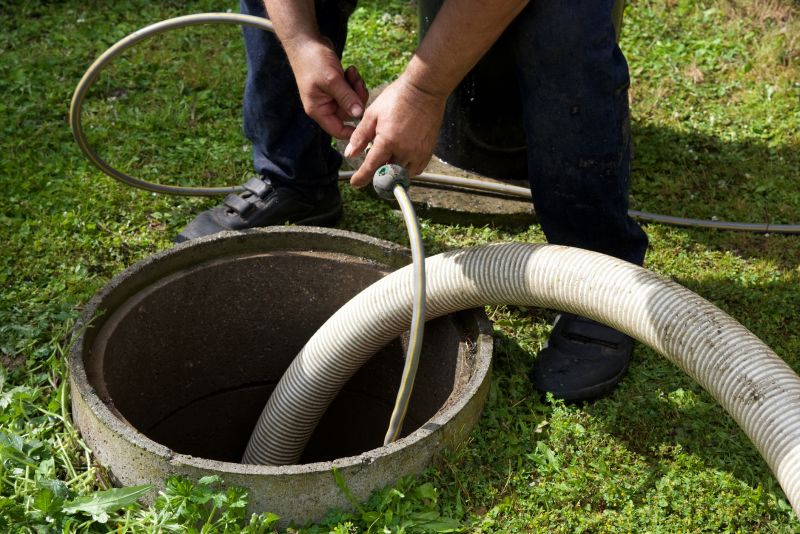
Inspection is often performed alongside pumping to assess tank condition and identify potential issues before they escalate.
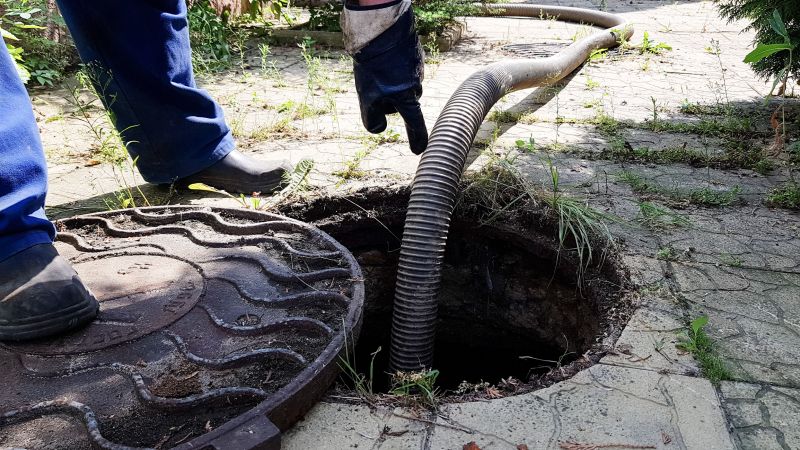
Post-pumping images show a clean tank ready for continued operation, emphasizing the importance of regular maintenance.
Septic tank pumpings typically take between 30 minutes to an hour, depending on the tank size and accessibility. Professionals use specialized tools to efficiently remove waste, minimizing disruption and ensuring thorough cleaning. Scheduling pumpings at recommended intervals—usually every 3 to 5 years—helps maintain system longevity and prevents unexpected failures.
The Septic Pumping Process
The process begins with a detailed inspection of the septic tank and system components. Next, a vacuum truck is connected to the tank's access port to extract sludge, scum, and liquids. Once the tank is emptied, it is cleaned and inspected for cracks, leaks, or other damage. The entire procedure ensures the septic system operates efficiently and reduces the likelihood of backups or environmental issues.
Hiring a professional for septic tank pumpings offers numerous benefits, including safety, efficiency, and thoroughness. Experts have the necessary equipment and expertise to perform the job correctly, reducing the risk of damage or incomplete cleaning. Regular professional maintenance extends the lifespan of a septic system and helps avoid costly repairs.
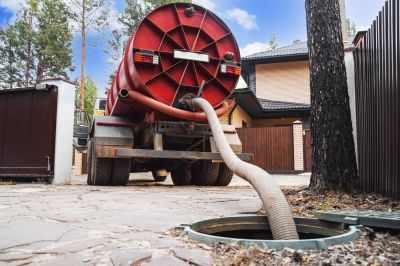
A vacuum truck efficiently removes waste from the septic tank during scheduled pumpings.
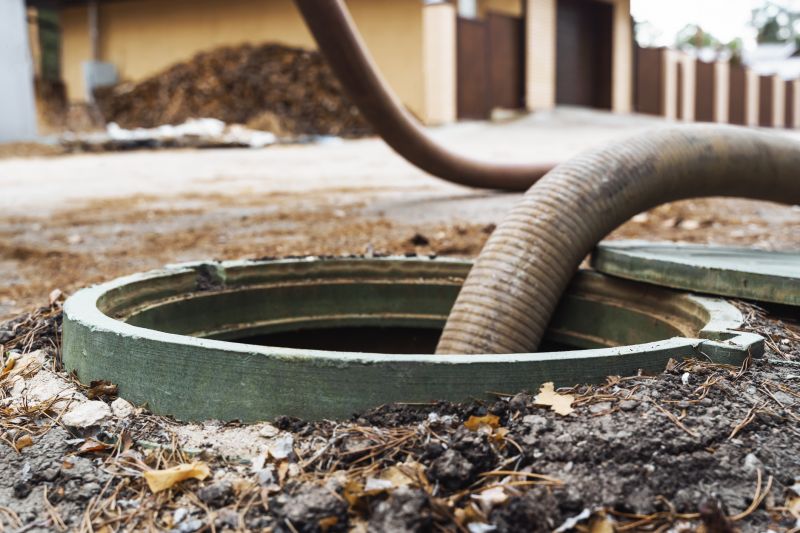
Post-pumping inspection ensures the tank is clean and free of damage, supporting system longevity.
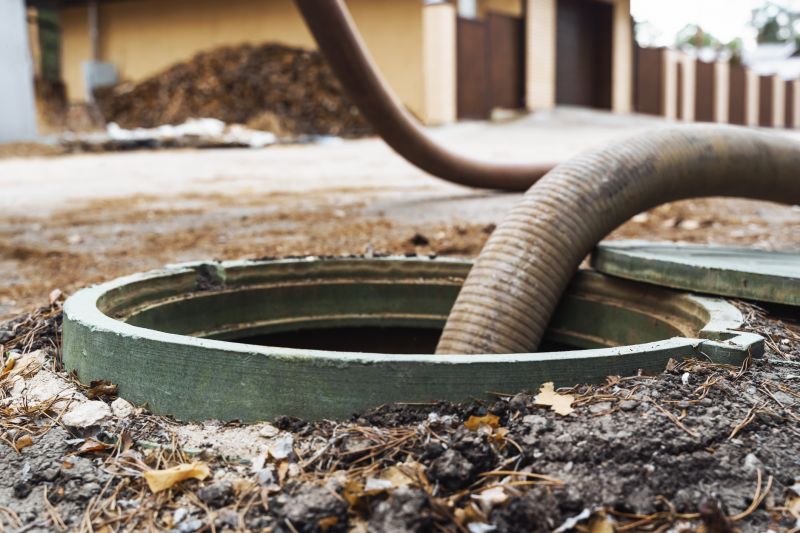
Photos of the finished work highlight the thoroughness of professional septic tank maintenance.
Properly maintained septic systems prevent environmental contamination and costly repairs. Regular pumpings and inspections help identify potential issues early, ensuring continued functionality and compliance with health standards.
Statistics and Benefits of Septic Tank Pumpings
Studies show that regular septic tank pumpings significantly reduce the risk of system failure, with tanks maintained every three to five years experiencing fewer backups and repairs. Proper maintenance also extends the lifespan of septic systems, often doubling their functional years. Additionally, routine pumpings help prevent groundwater contamination, safeguarding public health and the environment.
| Aspect | Details |
|---|---|
| Average Pumping Time | 30 to 60 minutes |
| Recommended Pumping Interval | Every 3 to 5 years |
| Cost Range | $300 to $600 per service |
| Environmental Impact | Reduces risk of contamination |
| System Longevity | Extended with regular maintenance |
| Backup Risk | Decreases significantly with proper upkeep |
| Inspection Benefits | Early detection of issues |
| Equipment Used | Vacuum trucks and inspection tools |
Consistent septic tank pumpings are vital for maintaining system efficiency, preventing environmental hazards, and avoiding costly repairs. Regular professional maintenance ensures that septic systems operate reliably and safely, supporting long-term functionality.
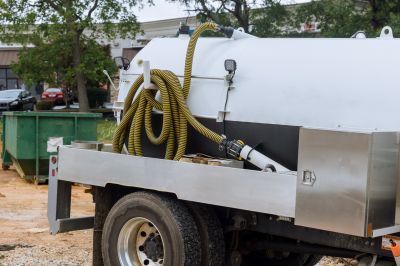
Specialized trucks and tools facilitate efficient waste removal and system inspection.
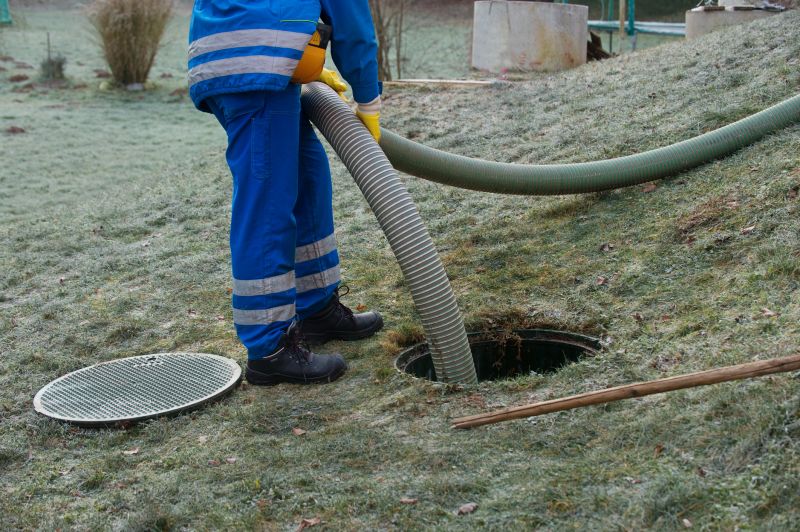
Photos of cleaned and inspected tanks demonstrate quality service.
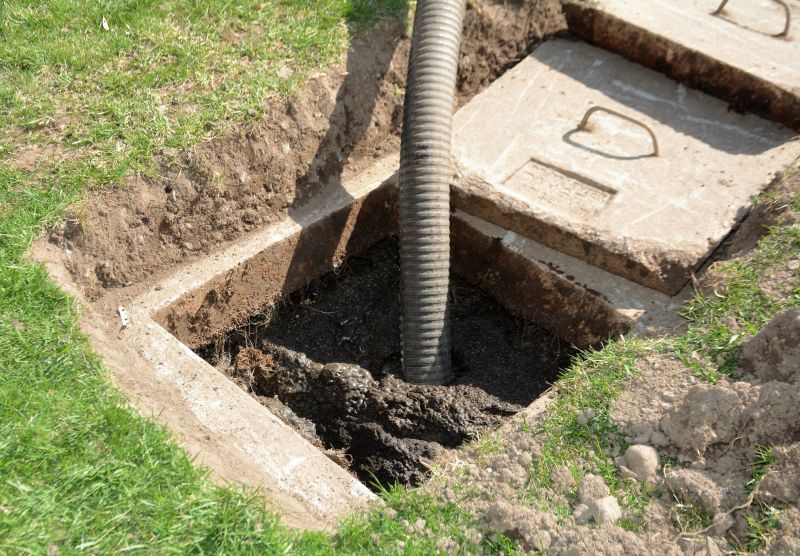
A clean tank ready for continued operation, highlighting maintenance importance.
For those interested in maintaining their septic systems, filling out the contact form can provide a quote for professional septic tank pumpings. Proper scheduling and maintenance help ensure reliable performance and compliance with health standards.
